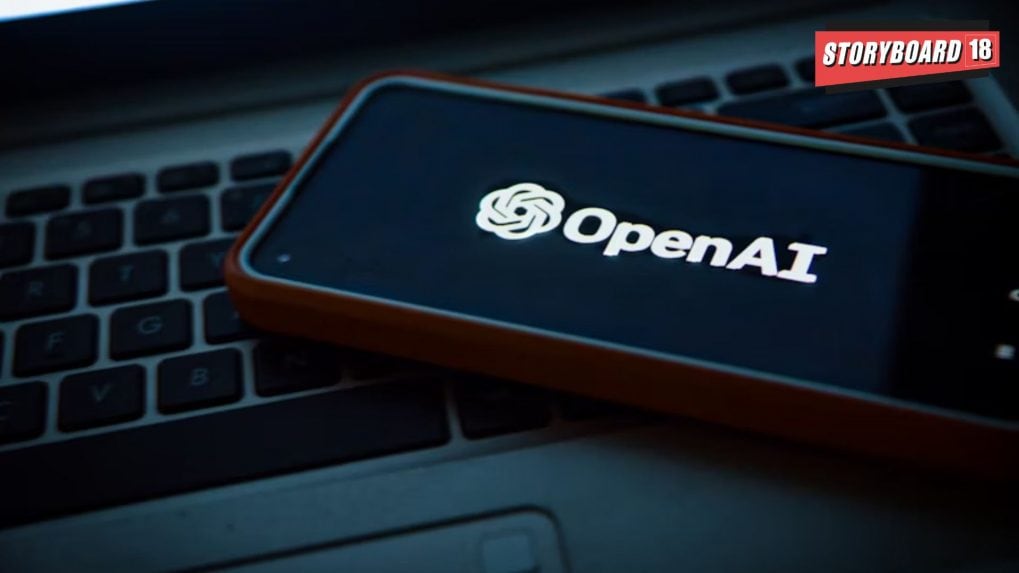Advertising
Layoffs in Adland: Omnicom's acquisition of IPG nears finish line. But at what human cost?

American artificial intelligence company OpenAI is set to produce its own AI chip next year in partnership with U.S. semiconductor giant Broadcom, according to a report by the Financial Times.
The chip is intended for OpenAI’s internal use rather than being sold to external customers. The company, which played a central role in commercializing generative AI capable of producing human-like responses, requires significant computing power to train and operate its systems.
Reports from last year indicated that OpenAI had been working with both Broadcom and Taiwan Semiconductor Manufacturing Co. (TSMC) to develop its first in-house chip. The company has also been incorporating AMD chips alongside Nvidia’s to address the increasing infrastructure demands of its AI operations.
In February, further reports confirmed that OpenAI was advancing its efforts to reduce dependence on Nvidia by developing its own AI silicon.
OpenAI’s move aligns with similar initiatives by tech giants like Google, Amazon, and Meta, all of which have developed custom chips to meet the growing demand for computing power needed to train and deploy advanced AI models, as per reports.
According to LinkedIn’s research with over 1,700 B2B tech buyers, video storytelling has emerged as the most trusted, engaging, and effective format for B2B marketers. But what’s driving this shift towards video in B2B? (Image Source: Unsplash)
Read MoreIndia’s parliamentary panel warns fake news threatens democracy, markets and media credibility, urging stronger regulation, fact-checking, AI oversight and global cooperation.